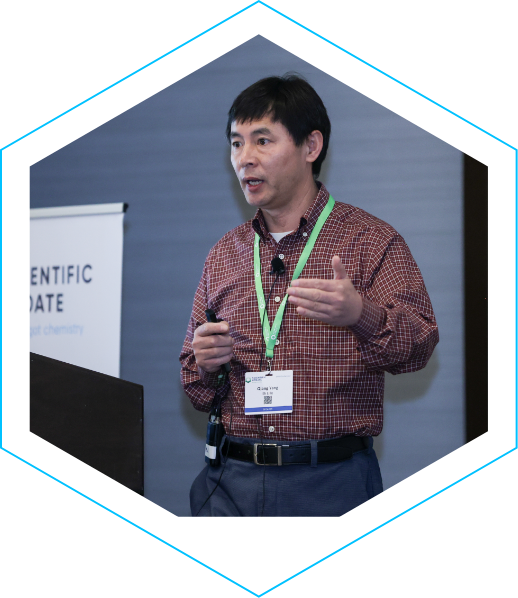
I'm searching for
Conferences
Training
Webinars
Information Centre
It was good. Never visited a Scientific Update conference, but will get it on my priority list. Very good – like the set-up, flow and topics. Very interested in process development.
It was good. Never visited a Scientific Update conference, but will get it on my priority list. Very good – like the set-up, flow and topics. Very interested in process development.
It was good. Never visited a Scientific Update conference, but will get it on my priority list. Very good – like the set-up, flow and topics. Very interested in process development.




Operating a commercially viable chemical process requires a good chemical synthesis to start with, but is also subject to the interplay of a myriad of important physical phenomena, traditionally the realm of the chemical engineer. An understanding of these scale-up phenomena is crucial for the laboratory development of processes that will scale successfully. This course presents an overview of these issues, giving guidance as to how to ensure effective translation of laboratory processes to pilot plant scale.
It was good. Never visited a Scientific Update conference, but will get it on my priority list. Very good – like the set-up, flow and topics. Very interested in process development.
Organic Process Research & Development Conference Delegate 2023
Thank you for the excellent conference. I enjoyed the scientific content and the networking opportunities. I will definitely recommend this conference to my colleagues.
The Formulation and Drug Delivery Congress Delegate

